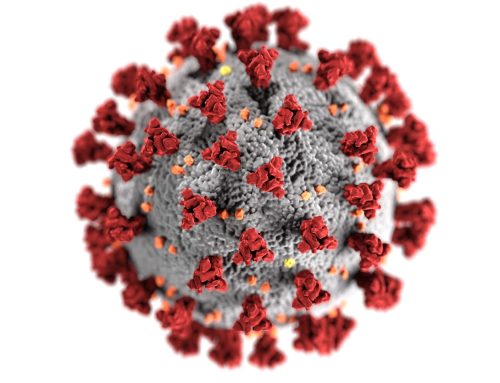A GI doctor is a doctor that treats and manages diseases in our gastrointestinal tract. In simpler terms, they are experts in how our bodies process food and the place it starts to the place it ends up. GI issues are prevalent, with about 60 to 70 million Americans affected by digestive diseases or digestive trouble. 
People often feel uncomfortable discussing their stomach and digestive problems, but it’s OK to ask. After all, it’s what we do! Plus, many stomach problems aren’t just what you had for dinner last night, but can be signs of a more severe condition. Here are five signs that warrant an appointment with a GI doctor.
- Unexplained Weight Loss – Sure, most of us would be happy to lose a few pounds, but there is a point when changing weight is a concern. If you see dramatic weight loss with no real efforts in healthy eating and exercise, you should see a GI doctor. Unexplained weight loss can occur for several reasons, including Crohn’s Disease and Celiac Disease.
- Heartburn – Heartburn is the burning sensation you feel in your chest. Heartburn is caused by acid regurgitation in your esophagus. Gastroesophageal Reflux Disease, or GERD, can cause heartburn. A case of heartburn once in a while is typical. You may notice specific foods or situations that give you heartburn. But it’s a good idea to see a GI doctor if you are experiencing heartburn frequently.
- Ulcer – Stomach ulcers are relatively common as well but can become more serious if untreated. Because they are open sores, they can cause a burning sensation in your stomach. Contrary to popular belief, stress and spicy foods do not cause ulcers. Make an appointment with a GI doctor. He or she can help treat the ulcer(s), manage your pain, and give you recommendations on avoiding them in the future. Long-term use of some over-the-counter medications can cause ulcers, so speak to your doctor about regular use of ibuprofen (Motrin/Advil) and naproxen sodium (Aleve). You should not take these every day.
- Nausea and Vomiting – Nausea and vomiting can occur for many reasons, such as pregnancy, new medications, or too much alcohol. However, if you are experiencing problems without these other circumstances, something isn’t quite right. Frequent vomiting can be an indicator of gastroenteritis, and you should see a GI doctor for treatment.
- Blood in Stool – Seeing blood in your stool is a definite sign that something is not right in your gastrointestinal tract. Blood can mean several different things, ranging in severity from minor to urgent. Contact a specialist immediately if you notice this occurring so we can determine the cause.
If you have noticed one or more of these symptoms, please contact a GI specialist to make an appointment. Visit our website for more information about gastroenterology and the GI diseases we diagnose and treat at JCMC.







